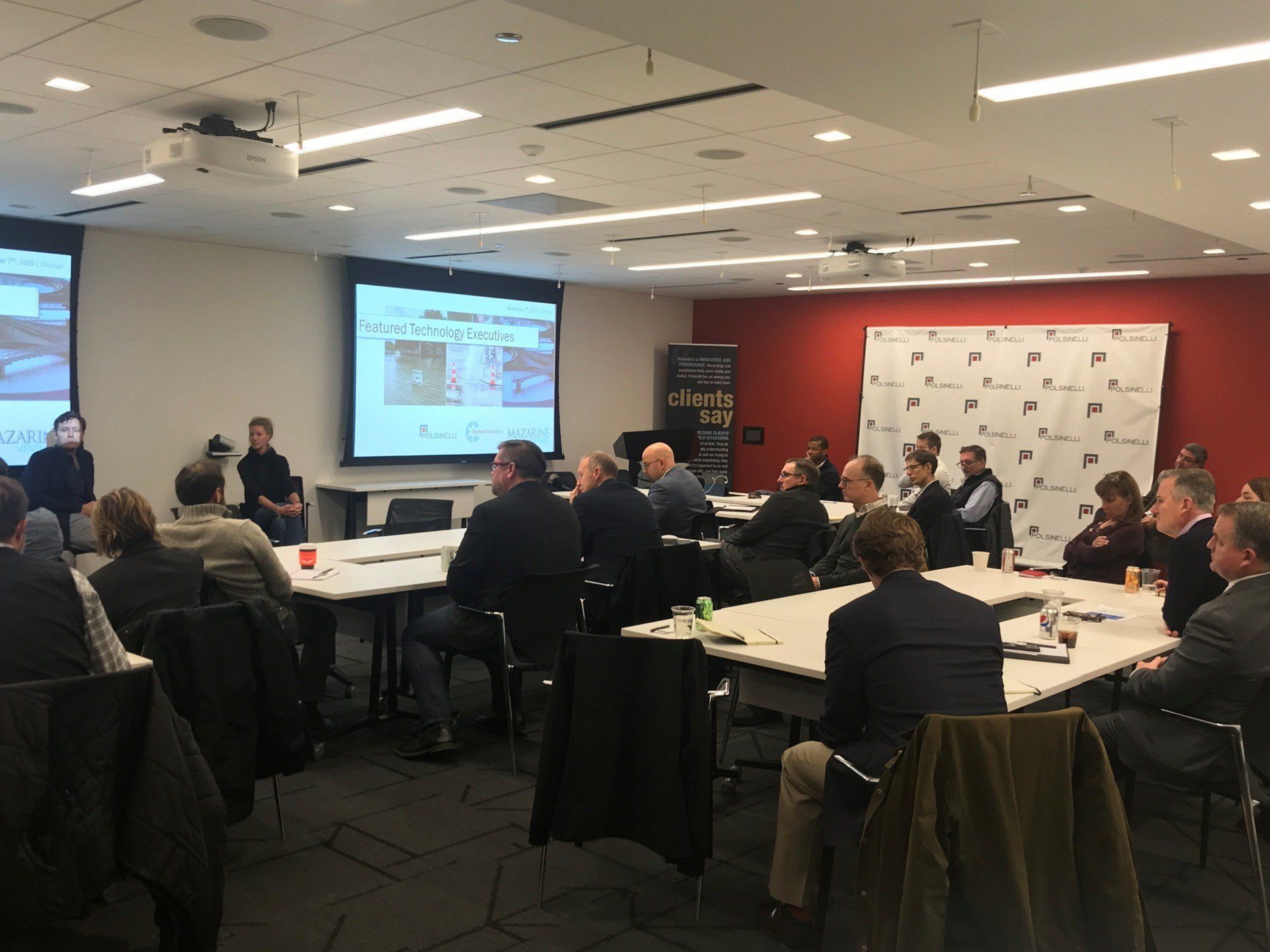City Tech and Mazarine Ventures Host Remote Monitoring Roundtable Focused on Wastewater
In November 2019, City Tech teamed up with Mazarine Ventures to convene a group of subject matter experts to discuss remote monitoring within water and wastewater infrastructure. Mazarine Ventures
is an early-stage venture capital and advisory firm focused on high-growth technology companies addressing challenges in water and wastewater. Combining our networks helps to achieve meaningful results faster by quickly validating demands to tackle certain problems and identifying stakeholders with the expertise to develop solutions.
This discussion focused on three end-user markets of remote monitoring technology, including:
- Natural infrastructure (rivers, lakes, and coastlines)
- Urban water and wastewater distribution networks (underground pipes, retention, and cisterns)
- Water facilities (water reclamation plants – which are fascinating to tour!)
We wanted to know if and how interdependence is developing between technology and infrastructure to better monitor issues that create complexities, such as too much water, too little water, low quality water, and more.
We were joined by veteran technology providers, such as Evoqua,
leaders in industrial analytics, such as Uptake, and policy advisers, such as
the Center for Neighborhood Technology – who all offered a breadth of knowledge
in terms of the current challenges, existing solutions, and the need for new
ideas. Newcomers in the space talked about their experience as start-ups
offering emerging tools and technologies that may fill some gaps:
- Erin Rothman, CEO and Founder of StormSensor , has channeled her 13 years of environmental consulting experience into creating solutions for easy, affordable stormwater monitoring sensors to track runoff and capture flood data that informs necessary interventions. This tool scales to serve individual project sites all the way up to entire coastlines or city systems.
- John Higley, CEO of EQO , shared his strategies to apply technology originally developed for cancer detection to monitor and mitigate infestations that jeopardize water quality. EQO’s automated collection and preservation systems inform management decisions that protect water sources and save money.
Other participants shared applications for machine learning,
the Internet of Infrastructure (IoI), telecommunications networks, and so much
more to work toward ensuring that water quality and quantity across the rural
to urban spectrum meets the needs of people and our surrounding environment.
There is a diverse field of subject matter experts who are
increasingly using technology in creative ways to more effectively protect water
as a resource and protect surrounding natural and built environments. Beyond
the products and services these experts provide, the capabilities and skillsets
they have developed can be applied across a variety of use cases, which expands
the ability to solve some of our communities’ greatest problems at the scale
needed.
City Tech is looking forward to learning more about solutions
within water and wastewater and identifying opportunities for collaboration
that can help make our cities healthier, happier, and more productive.
About the Author:
Kate Calabra is the Partnership Development Associate at City Tech. Kate works to facilitate strategic partnerships and collaboration to build solutions for critical city challenges. Before joining City Tech, Kate managed corporate sponsorships and coordinated national, educational events as a Senior Associate at the American Planning Association. Previously, she was a Fellow at the Metropolitan Planning Council, a Chicago-based nonprofit that develops and promotes strategies for equitable, regional growth. Kate holds a bachelor’s in Public Policy with a concentration in Urban Studies as well as a bachelor’s in Community Psychology from DePaul University and is completing her master’s in Urban and Regional Planning from Michigan State University. Currently, Kate is a member of Women in Planning and Development. Kate also serves on the Associate Board of Housing Opportunities for Women as well as the Events Committee for Territory, a nonprofit focused on strengthening civic engagement and community involvement among Chicago’s youth.
